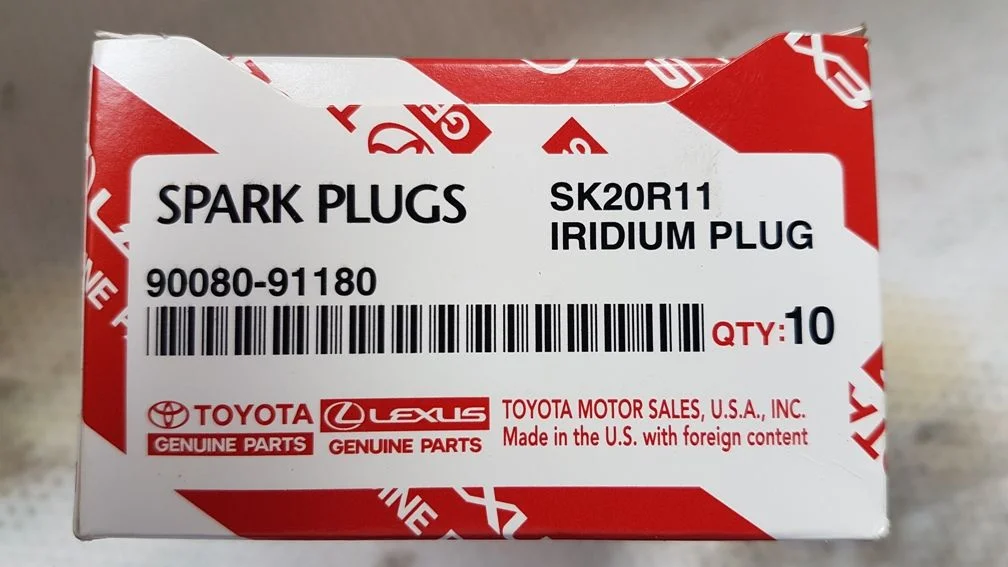So I went out and double checked my plugs, none were loose, still just as tight as when I put them in 2yrs ago.
My money is on people using the touqre specs, I touqre nothing, I tighten until I feel it's good and then call it good.
So someone who works on these things I think needs to over touqre, then recheck a few yrs later to compare to trucks that they used the factory touqre specs for the plugs and see which ones are coming loose.
My money is on people using the touqre specs, I touqre nothing, I tighten until I feel it's good and then call it good.
So someone who works on these things I think needs to over touqre, then recheck a few yrs later to compare to trucks that they used the factory touqre specs for the plugs and see which ones are coming loose.

